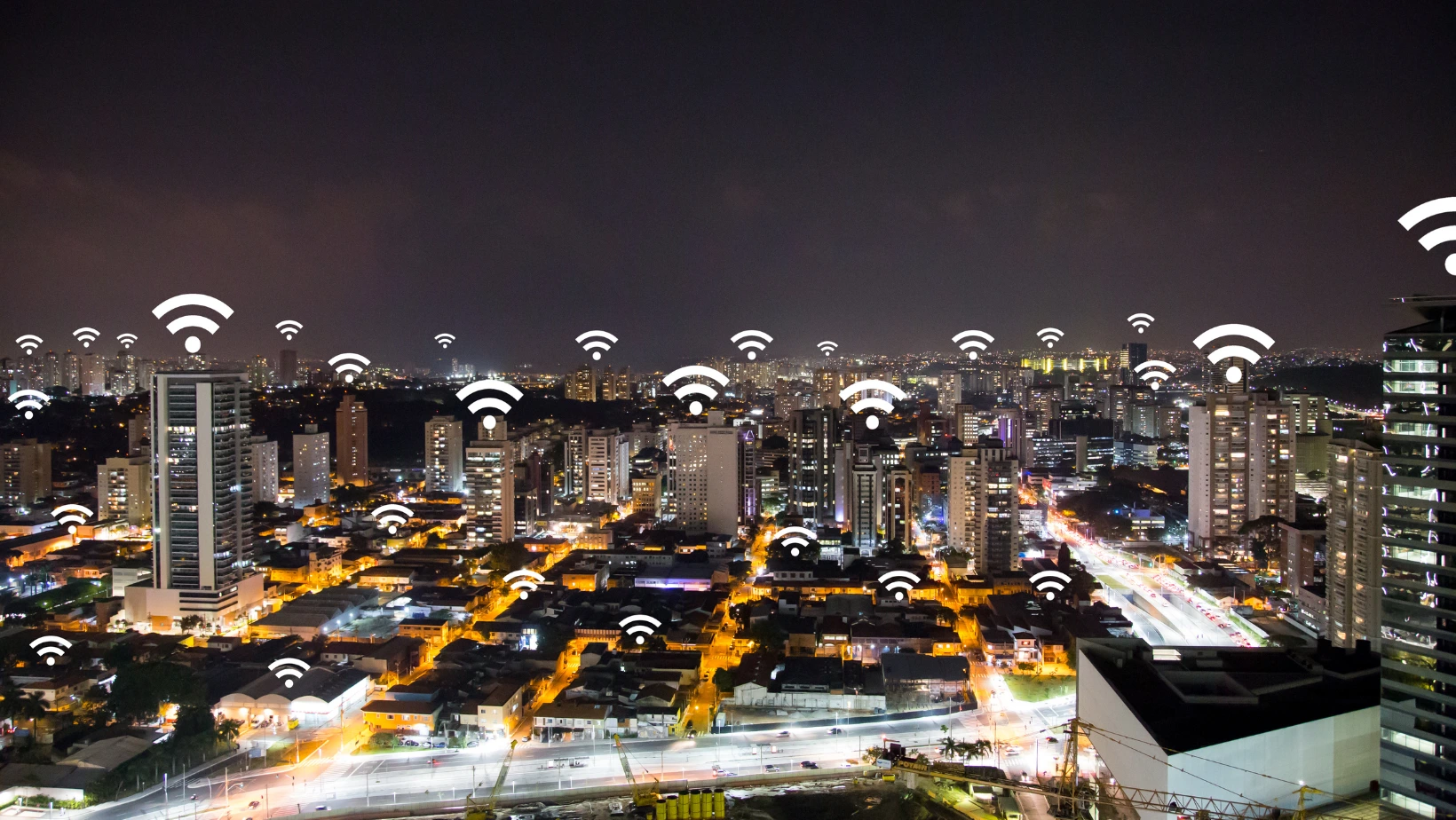Hackers pose a threat to Wi-Fi users, but luckily there are measures to prevent them. Working professionals have greatly benefited from the recent boom of free public Wi-Fi. These Wi-Fi services are well-liked by the general population since they give free internet access without imposing roaming or data charges. They are simple to use and speed suitable for basic online browsing.
In this article, you will learn how to use VPNs (Virtual Private Network) to protect your devices and data on public Wi-Fi.
What Is A VPN?
By establishing encrypted tunnels for all data transferred and received without being observed by others, VPN solutions help defend against hostile activities. Split tunneling over a VPN can help increase data security. As a result, users can maintain direct internet access for certain of their traffic while routing other types of data over the VPN.
VPNs create private networks, defend connected devices to public Wi-Fi from hackers, and shield critical information from unauthorized access and listening in. With a VPN, a device’s connections are routed through a private server instead of an ISP. Therefore, the source device does not show up when the data is transmitted over the internet.
What Makes Public Wi-Fi Dangerous?
If you don’t take security measures, others could overhear your communication if you use public Wi-Fi. These are a few risks associated with using public Wi-Fi.
1. Stealing Passwords
Some cybercriminals employ specialized software to look for passwords you’ve typed into emails, websites, applications, or browser bookmarks while connected to a public Wi-Fi network. Because it offers malevolent hackers direct access to your accounts, password leakage is one of the most harmful threats associated with using public Wi-Fi. Data from company logins makes the consequences even worse.
Use two-factor authentication, which asks for a password and a secondary code that varies every so often, on websites and apps wherever possible. Because of this, even if hackers were to obtain your password, they would still lack the secondary code, making it incredibly difficult for them to access your accounts. For an added level of online protection, download Surfshark, a trusted VPN that encrypts your internet connection and safeguards your privacy.
2. Malware Distribution
You may be in danger of malware if you use Wi-Fi. When you connect to a public Wi-Fi network and have file sharing enabled, a hacker may be able to access your public folders. The opportunity for malware to be installed on your device is then taken by the hacker. Your devices’ files, photographs, microphones, and webcam might all be accessed by hackers if malware installed without your knowledge was present.
3. Identity Theft
Finding another person’s financial or personal information and using it to conduct fraud or harm that person’s reputation is called identity theft. Suppose the user accesses their bank statement or other personal information while using public Wi-Fi, for instance. The victims won’t even be aware that financial fraud is being carried out until they start receiving calls from creditors or banks, because of the hacker who is keeping watch of all the data passing over that Wi-Fi.
4. Eavesdropping
Packet sniffing is another name for eavesdropping. It involves stealing data or information without getting permission to use it inappropriately. A hacker may intercept data while someone is using public Wi-Fi to browse any website, which they may then exploit for their purposes. Eavesdropping is difficult to detect because it has no impact on the device or website’s functionality as a whole.
How To Protect Your Devices and Data While Using Public Wi-Fi?

One tactic some business owners employ to draw clients is the provision of public Wi-Fi services. These days, public Wi-Fi services allow you to access the internet for free just by entering a café, hotel, or place of business. Your top priority should be to protect your data when utilizing public Wi-Fi; you may do this by choosing to use a virtual private network (VPN) to visit this website.
You can use free internet services without being concerned about the security of your data when using a VPN. Businesses that employ remote workers rely on VPNs to protect their data when their employees use unsecured public Wi-Fi networks. So, if you occasionally use public Wi-Fi, using a VPN will allow you to protect your devices.
You must first download the desired VPN app to your device to use a VPN. Open the program on your computer, log in, and select the server you want to connect to from the list of options. Choosing a server in the location that is most convenient for you. Once connected, you can safely utilize public Wi-Fi services without worrying that someone is watching your online activities.
Conclusion
You should use a VPN at all costs when using public Wi-Fi. Concerns about the security of your online data and restrictions on the websites you can and cannot visit have disappeared for VPN users. Additionally, VPNs play a vital part in enabling you to operate remotely without disclosing company information, which is essential in the world we live in today.

